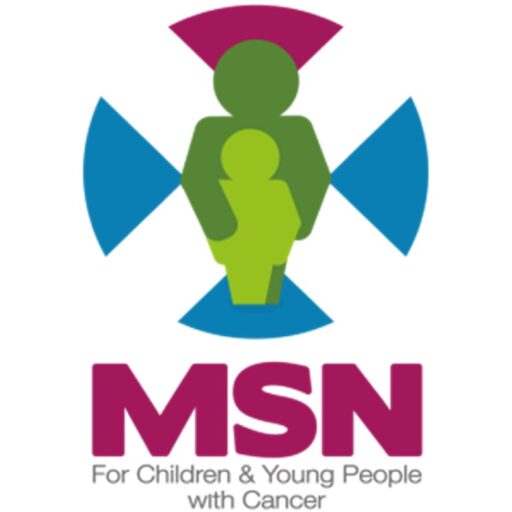Occupational Therapists (OT’s) help children and young people to participate in purposeful and meaningful daily life activities.
These activities might include:
- Self-care e.g. getting dressed, eating a meal, going to the toilet
- Being productive e.g. early play, helping in the house, making a snack
- Leisure e.g. playing with friends, engaging with hobbies
What are the benefits of purposeful and meaningful activity?
There is evidence to show that strength and function can be lost by spending long periods of time in bed. Moving is good for you; many of the health benefits of getting up, getting dressed and getting moving apply to everyone including children, teenagers and young adults. Staying active in hospital has been shown to:
- Help keep your muscles strong and flexible
- Keep your bones and joints healthy
- Help your sense of wellbeing, motivation and general mood
- Help you to sleep better
During longer hospital stays it is important to try to keep active and follow some of the routines you would do while at home e.g. washing, dressing, and spending time out of bed to eat, play and take part in school activities, if appropriate. Rest is still an important part of your recovery, so factor this into your daily timetable.
What can affect participation in purposeful and meaningful activity?
During your child or young person’s cancer journey they may experience challenges participating in activities that are important to them due to the side effects of cancer treatment. Children, young people and their families often feedback that fatigue (extreme tiredness) and neuropathy (altered sensation) are the biggest limiting factors to them living the life they want to lead.
What is Fatigue?
Fatigue is tiredness that does not go away with rest and sleep. Finding a balance of activity and rest in daily life can be difficult. The cycle of over or under activity creates a ‘boom and bust’ pattern. This is when you might ‘do too much’ on one day and feel unable to do anything the next, due to your levels of fatigue. This can lead you to feeling like you are never fully able to enjoy and / or take part in activities that are important to you.
Things you might notice if you have fatigue:
- Difficulty carrying out everyday activities
- Difficulty taking part in school and hobbies
- Frustration
- Feeling tired all the time
- Finding it hard to concentrate
- Lack of motivation
- Feeling drained
- Problems with sleeping
- Weakness
What is neuropathy?
Some cancer drugs can cause altered sensation in your hands and feet such as pain, tingling, numbness or weakness –this is known as Chemotherapy Induced Peripheral Neuropathy (CIPN). These sensory changes can have an impact on daily tasks for example;
- Walking
- Climbing stairs
- Playing with toys / computer
- Writing
- Being able to do small fastening such as buttons
Symptoms can clear up once treatment has finished, however some may last for several months. Occupational Therapists can help if you are experiencing these symptoms in your hands and arms. Physiotherapists can help if it is affecting your legs, feet and mobility.
Contact OT teams in your area
Should you be having any signs and symptoms of fatigue or CIPN in your hands / arms please contact your local Occupational Therapist for further assessment and advice as appropriate.
Local teams:
- Royal Hospital for Children and Young people, Edinburgh: 0131 312 1070
- Royal Hospital for Children, Glasgow: 0141 451 6500
- Aberdeen Childrens Hospital: 01224 550593
- Ninewells Hospital, Dundee: 01382 660111
Other sources of advice/strategies to help:
KIDS – Kids Independently Developing Skills | NHS GGC
Spoonie Kids
